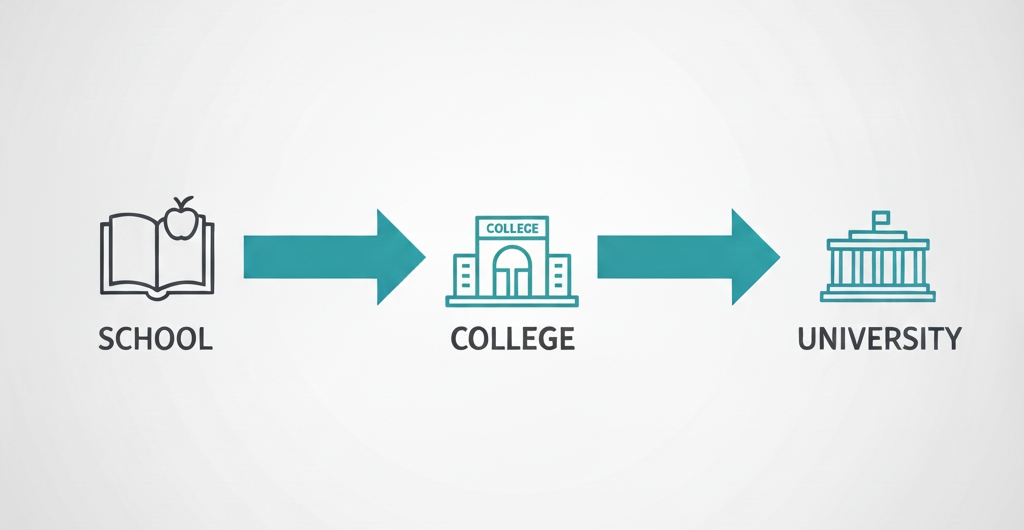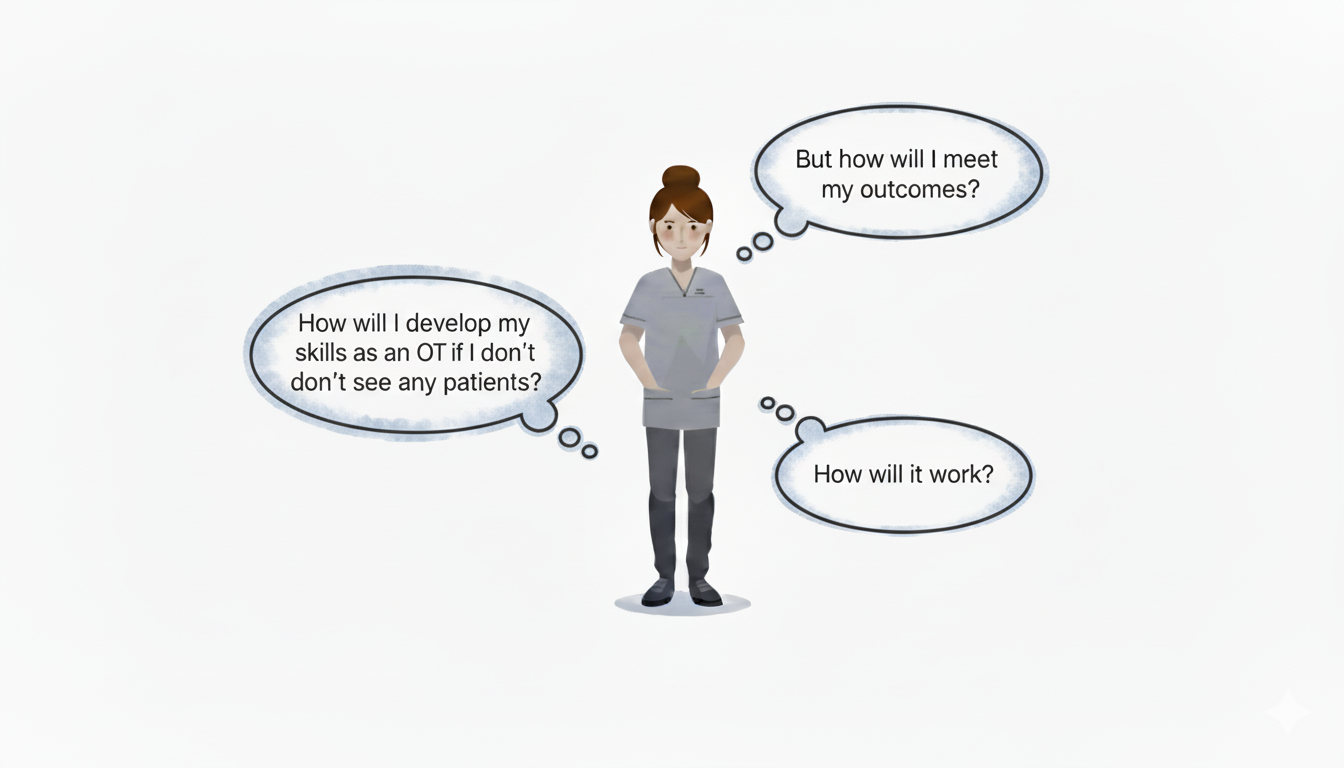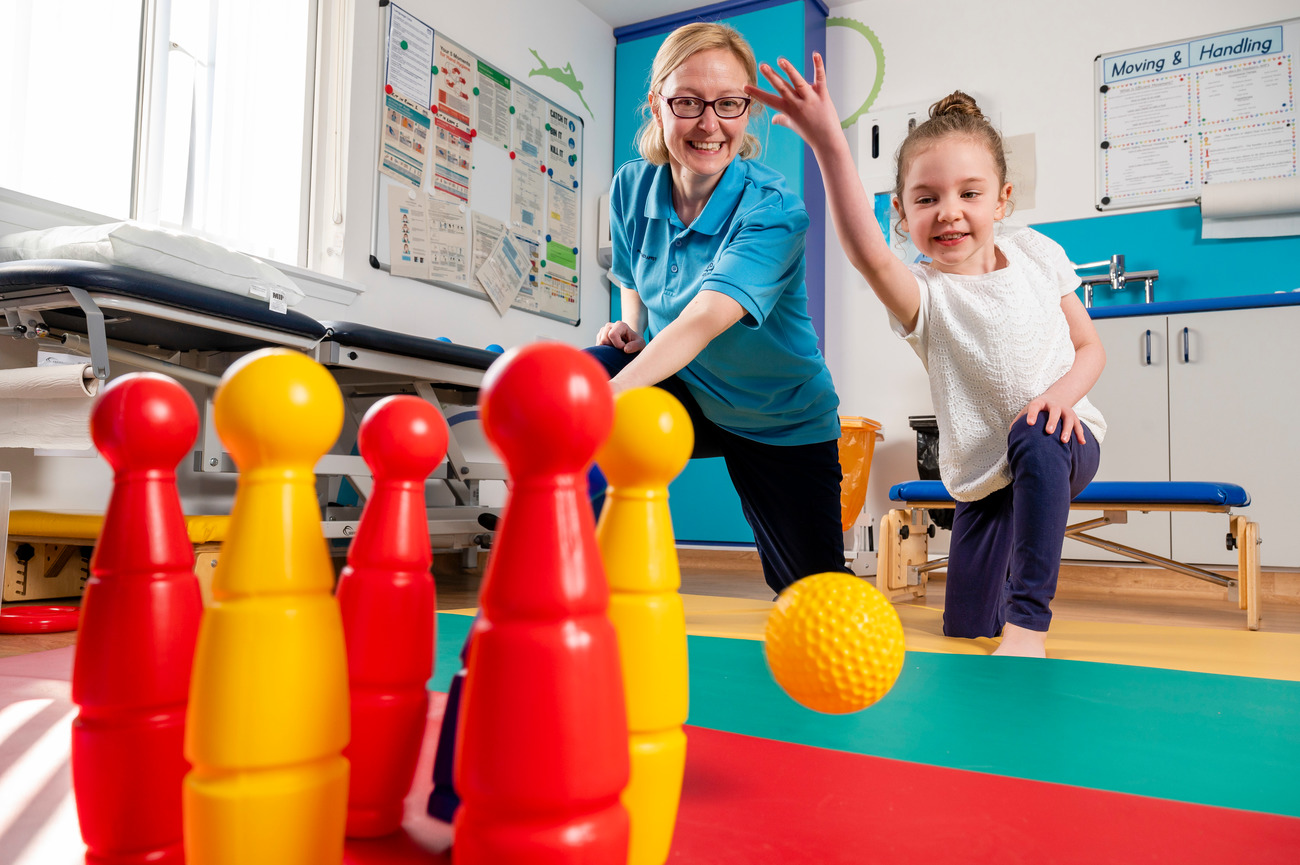
Maura Allan
04 November 2025
•2 min read

An OT student story
My journey into occupational therapy (OT) wasn’t a straight line. But looking back, every step led me closer to where I’m meant to be.
While I was still at school, I worked part-time as a remote support worker. I provided video-based support to adults with a wide range of needs, including individuals with:
- learning disabilities
- autism spectrum conditions
- mental health conditions like anxiety and depression
- dementia
- various physical and neurological conditions
Even then, I knew I enjoyed working with people and supporting their independence. I just didn’t know what specific career I wanted to do.
I finished school in 2021 during the COVID-19 pandemic and, like many others, wasn’t sure what I wanted to do next. I decided to apply to Glasgow Clyde College and completed an HNC in Healthcare Practice. This opened my eyes to the different professions within the healthcare sector.
I learned about the various career paths I could take and some of the allied health professions. I began looking into occupational therapy and realised it seemed like a good fit for me.
After researching the role, I decided to apply to university. I was accepted into the occupational therapy undergraduate degree programme at Glasgow Caledonian University (GCU). I’m now in my third year. I couldn’t imagine doing anything else. It’s been a challenging yet incredibly rewarding journey so far, and I’m excited to see where it takes me.

What I love most about being an OT student
One of the best parts of being an OT student is the mix of learning. Placements are a huge part of the course, alongside lectures and seminars. This mix allows you to relate the theory you’ve learned in class to real situations with service users.
Whether I’m learning how to adapt equipment for daily tasks, exploring mental health interventions, or practising communication techniques, I love how practical and meaningful the content feels.
I also enjoy the sheer variety within OT. We get to explore so many different areas, including:
- mental health
- paediatrics
- acute care
- palliative care, and more
We learn to support people of all ages, each with their own unique goals and challenges. This keeps things interesting and deeply meaningful. No 2 clients are ever the same, and that variety pushes me to stay flexible, creative, and client-centred.
Another thing I value is the collaborative environment. Working alongside peers who share the same passion for helping others creates a strong sense of community. During my placement, I’ve been lucky enough to learn from dedicated practice educators and witness the impact that OTs can make. Seeing the difference we can make, even as students, reminds me why I chose this path.
How the course is structured at GCU
Studying occupational therapy at GCU combines academic learning with hands-on experience to prepare us for practice.
Teaching happens through a blend of:
- Lectures and seminars where we explore the theory behind OT.
- Small tutorials that encourage reflection and discussion.
- Practical skills classes to develop assessment and intervention techniques in simulated environments.
- Interprofessional modules where we learn alongside students from nursing, physiotherapy, and social work. It helps us to understand the value of a multidisciplinary team.
- Group projects and presentations. These help build communication and leadership skills.
- Independent study to encourage critical thinking and evidence-based practice.
Throughout the course, we complete a series of practice placements totalling around 1,000 hours. These are found in various settings, including hospitals, community settings, and mental health services. Placements allow us to apply theory to practice, develop professional confidence, and grow into person-centred practitioners.

My 3rd year placement: a virtual role with NES
For our third-year placement, we were placed on a project at NHS Education for Scotland (NES). Before this, we hadn’t heard of NES and were unsure what to expect from a virtual placement. I was apprehensive and had lots of questions.
However, from the very beginning, it became clear that this would be a valuable and rewarding experience. It offered learning opportunities that helped me develop skills I wouldn’t have gained in a traditional placement.
During my time with NES, I’ve gained valuable insights into the national work that supports Allied Health Professions, particularly in the areas of education, workforce development, and career pathways. I’ve taken part in a wide range of activities, including team huddles, supervision sessions, and professional development meetings.
I also contributed to a careers-focused project utilising digital tools such as Turas and Canva. Although this hasn’t been a traditional clinical placement, it has offered a unique perspective on the broader OT landscape.
It also allowed me to develop a variety of transferable skills that I’ll carry forward into my OT career, such as:
- project planning
- digital communication
- reflective practice
- inclusive learning design
I’ve deepened my understanding of the different roles within AHPs and how NES contributes to shaping the future workforce. Most importantly, it has highlighted the value of collaboration, inclusion, and continuous learning within occupational therapy.

inspired by Maura's story?
See if a rewarding career as an Occupational Therapist is right for you.